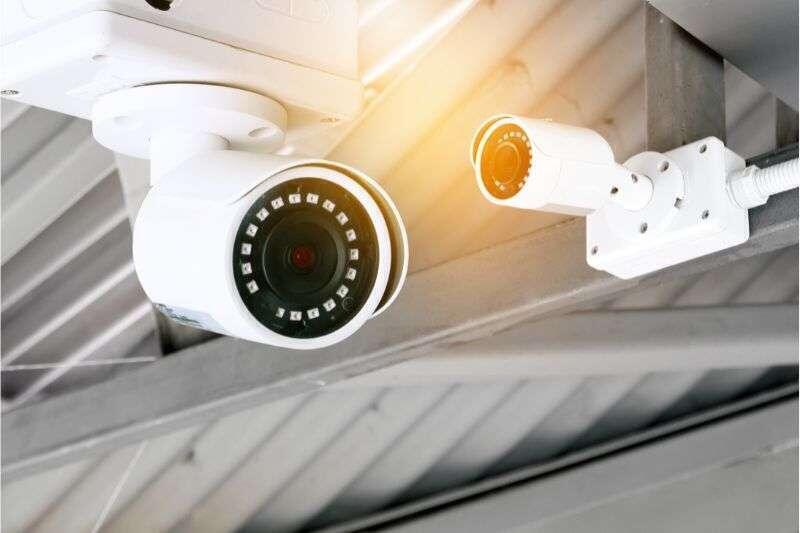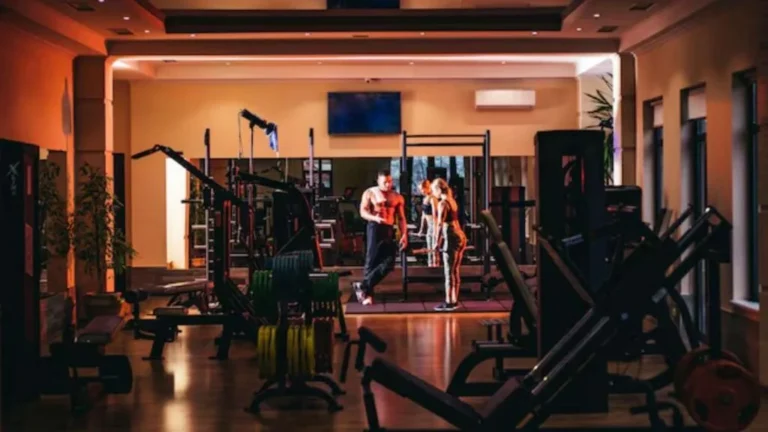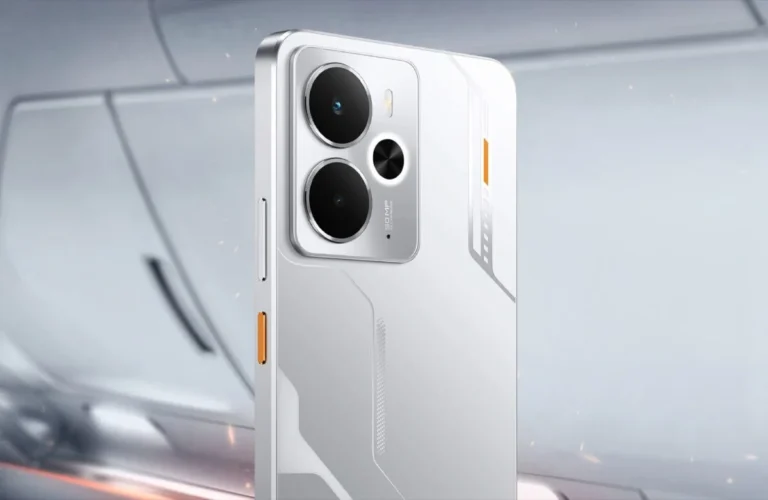
CCTV Camera Installation – Complete Security Solution
|
Getting your Trinity Audio player ready...
|
Why CCTV Camera Installation Is More Than Just Surveillance
In today’s increasingly unpredictable world, ensuring safety and security has become a priority for both residential and commercial spaces. One of the most reliable and accessible solutions is CCTV camera installation. It’s not just about recording incidents—CCTV systems are a proactive step towards crime prevention, monitoring activity, and enhancing peace of mind. Whether you’re a homeowner in a quiet suburb or a business owner managing high-value assets, investing in a well-planned CCTV system is no longer a luxury—it’s a necessity.
Understanding the Real Purpose of CCTV Cameras
Many people think CCTV cameras are only useful after a crime has occurred. While they do provide essential evidence, their true value lies in deterrence. Criminals are far less likely to target properties that have visible surveillance systems. Additionally, CCTV cameras help monitor employee productivity, customer behavior, and general activity in and around your premises—making them a powerful tool in both security and operational management.
Types of CCTV Cameras: Choosing the Right One for Your Needs
Choosing the right CCTV camera depends on your unique security goals. Some common types include:
- Dome Cameras: Ideal for indoor surveillance; they blend into surroundings.
- Bullet Cameras: Suitable for long-distance viewing, often used outdoors.
- PTZ Cameras (Pan-Tilt-Zoom): Allows real-time control and zoom features.
- IP Cameras: Offer high-resolution images and remote access via internet.
- Wireless CCTV Cameras: Easy to install and move, perfect for temporary setups.
Each of these types serves a different function. An expert CCTV camera installation team can help assess your property and recommend the best fit, ensuring you don’t overpay for features you don’t need or miss out on critical capabilities.
Site Survey: The Foundation of a Successful Installation
Before drilling holes or mounting cameras, a proper site survey is essential. This includes identifying entry points, high-traffic zones, blind spots, and the areas most vulnerable to intrusion. For example, a retail store might focus on cash registers and aisles, while a homeowner may prioritize entrances, driveways, and backyards. A good site survey tailors your security system to your lifestyle or business operations, enhancing both coverage and efficiency.
Wired vs Wireless CCTV Systems: Which Is Better?
Both wired and wireless systems have their pros and cons. Wired systems offer stability and uninterrupted footage but require extensive cabling. On the other hand, wireless systems are easier to install and offer more flexibility but may be susceptible to signal interference.
For permanent installations, especially in large properties or businesses, wired systems are often preferred due to reliability. Wireless options are excellent for rentals, small offices, or places where structural changes aren’t allowed.
Remote Access and Smart Monitoring: Modern Surveillance at Your Fingertips
Thanks to advancements in technology, most modern CCTV systems come with mobile and desktop applications. These apps allow you to view real-time footage, receive alerts for motion detection, and even speak through integrated microphones. This level of control transforms your phone or laptop into a command center—perfect for when you’re traveling, at work, or simply away from home.
The smart features don’t stop at remote access. Some cameras now offer facial recognition, license plate detection, and AI-based motion alerts, enabling highly customized surveillance experiences.
Legal and Ethical Considerations in CCTV Installation
While protecting your property is crucial, it’s equally important to respect privacy laws. In many jurisdictions, it is illegal to install cameras in private areas like bathrooms, changing rooms, or neighboring properties without consent. Businesses are also required to inform employees and customers if they’re being recorded. A professional installation company will always guide you through these legal considerations to ensure your setup is fully compliant.
Installation Process: What to Expect
A typical CCTV camera installation process includes:
- Site Evaluation and Plan Design
- Selection of Cameras and Accessories
- Cable Routing and Setup (for wired systems)
- Mounting Cameras and Connecting DVR/NVR
- System Configuration and Testing
- Training on System Use and App Setup
It usually takes a few hours to a full day, depending on the property size and complexity. Always ensure the service provider offers after-sales support and warranty coverage for both equipment and labor.
Maintenance: Keeping Your CCTV System in Peak Condition
Installing a CCTV camera system is not a one-and-done job. Regular maintenance ensures the system continues to work effectively. This includes:
- Checking camera lenses for dust and obstructions.
- Ensuring cables and connections are intact.
- Testing motion detection and night vision features.
- Reviewing footage clarity and storage availability.
A professional service provider often offers annual maintenance packages that can be lifesaving in times of need.
CCTV Installation for Homes vs. Businesses: What’s the Difference?
Residential and commercial CCTV installations have different requirements. For homes, the focus is often on perimeter security and entry points. Homeowners typically prefer a balance of security and aesthetics, often opting for smaller, discreet cameras.
In contrast, businesses usually require more complex systems with multi-camera setups, higher storage capacity, and remote access for multiple users. Additionally, they may require indoor monitoring of staff activity, inventory storage, and high-risk zones like cash counters or server rooms.
Understanding these differences helps you choose the right installation strategy that matches your real-world needs.
Cost of CCTV Installation: What Should You Expect to Pay?
Costs vary based on the number of cameras, type of system, features (like night vision or cloud storage), and the complexity of the installation. On average, a basic home setup with 2–4 cameras can cost anywhere between $150 to $500, while a commercial setup may go upwards of $1,000.
While budget is an important factor, it’s critical not to compromise on quality. Cheap, low-resolution cameras or DIY installations often lead to poor footage that’s useless when you need it the most.
Why Professional Installation is Worth It
DIY setups may seem cost-effective, but they often miss key security aspects like optimal camera angles, blind spot coverage, secure wiring, and legal compliance. Professional CCTV camera installation ensures:
- Proper configuration for motion detection and storage.
- Stable and secure connections.
- Expert advice on camera placement and upgrades.
- Long-term reliability and warranty support.
The expertise you get from certified professionals ultimately saves you from frustration and potential security gaps.
Final Thoughts: A Smart Investment in Peace of Mind
Installing CCTV cameras is a long-term investment that offers unmatched security benefits. Beyond just recording events, these systems actively prevent crime, offer real-time monitoring, and provide peace of mind for homeowners and business operators alike.
By opting for professional CCTV camera installation, you’re choosing precision, reliability, and a system tailored to your specific needs. In today’s fast-paced and often uncertain world, this level of security is not just smart—it’s essential.






